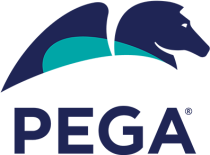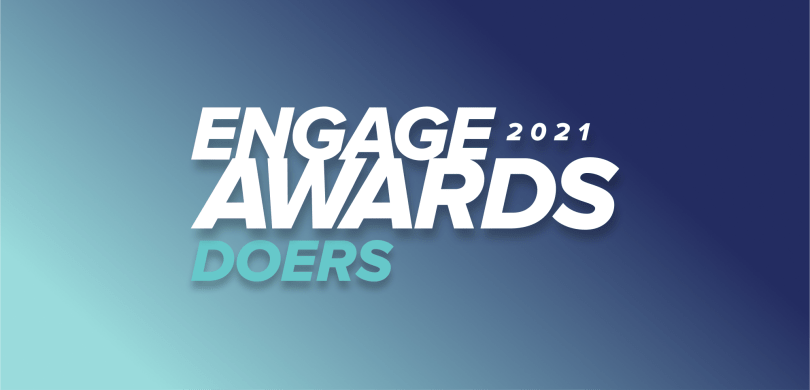The Client
Pega delivers innovative software that crushes business complexity. From maximizing customer lifetime value to streamlining service to boosting efficiency, the company helps the world’s leading brands solve problems fast and transform for tomorrow.
The Situation
Pega wanted to reimagine its Pega Academy digital training experience, more effectively helping users get started and stay current. The company’s web team had three primary business objectives:
- To get the tools out of the way, making Pega Academy content development easy and able to keep pace with Pega's numerous product releases.
- To arm students with practical knowledge, Pega Academy needed to efficiently and effectively deliver content.
- To give students an incentive to return and keep their skills current, ensuring that the Pega learning experience was interactive, fun and rewarding.
The Challenge
Pega’s web team outlined a number of challenges on the journey to meeting their three business objectives. They needed to democratize content creation in order to keep pace with Pega’s product releases. They also needed to ensure that the quality of the new training content was superior and determine the best way to engage and delight students.
The Solution
The Pega web team chose to develop its new digital training experience on the Acquia Cloud Platform, as it best aligned the company’s site owners, curriculum developers and web development team.
For Pega’s students, the site’s new Mission, Module, Challenge approach presented the content in a simple way, making it easier to consume. The new system gave Pega’s content authors the freedom and flexibility to assemble content as they saw fit. This modular approach allowed them to create valuable just-in-time learning while providing students faster access to the knowledge they needed when they needed it. The platform also automatically tracks progress across modules so a student can make progress on multiple Missions (or learning paths) at once, paving the way for additional learning exploration and completions.
In addition, Pega’s web team used Acquia Cloud to drive all-new page designs on other Pega sites, such as Pega Community. The team was able to dynamically surface newly published Pega Academy Missions, Modules and Challenges.
Acquia also handled many back-end performance responsibilities and helped with mandatory security certifications such as FedRAMP, allowing Pega’s web team to focus on more critical tasks.
The Results
The modular nature of Pega’s new platform allows the web team to publish new content as it becomes available, rather than waiting for full courses (or Missions) to be completed. This rolling publication capability means that the company can release content at the same time as product updates, a win-win for content creators and students. Since the new Pega Academy launch in mid-2020, the web team has:
- Published 100+ Missions, 550+ Modules and 300+ Challenges
- Captured 9.1 million total completions for more than 100,000 unique users
- Sent approximately 20,000 daily real-time notifications to various other applications over Kafka
- Issued more than 615,000 Challenge systems, averaging almost 44k systems issued monthly
- Issued more than 140,000 mission badges to students

